
The Railroad and the Art of Place: An Anthology
Author: David Kahler, creator, Jeff Brouws, Alexander Benjamin Craghead, and Kevin P. Keefe, eds.
In The Railroad and the Art of Place: An Anthology, a team of thirty contemporary and historical photographers—whose work is displayed across eighteen portfolios—visually contemplate the visible and philosophical imprint of the railroad on the American landscape.

Mass Capture: Chinese Head Tax and the Making of Non-Citizens
Lily Cho
Exploring how identification photographs function as mechanisms of capture and captivation.
Under the terms of the Chinese Immigration Act of 1885, Canada implemented a vast protocol for acquiring detailed personal information about Chinese migrants. Among the bewildering array of state documents used in this effort were CI 9s: issued from 1885 to 1953, they included date of birth, place of residence, occupation, identifying marks, known associates, and, significantly, identification photographs. The originals were transferred to microfilm and destroyed in 1963; more than 41,000 grainy reproductions of CI 9s remain.

Photography and Modern Public Housing in Los Angeles
Author: Nicole Krup Oest
In the 1940s, Los Angeles faced an acute housing crisis. The local housing authority responded with a controversial program of slum clearance and public housing construction as well as photography that presented the crisis in innovative ways.
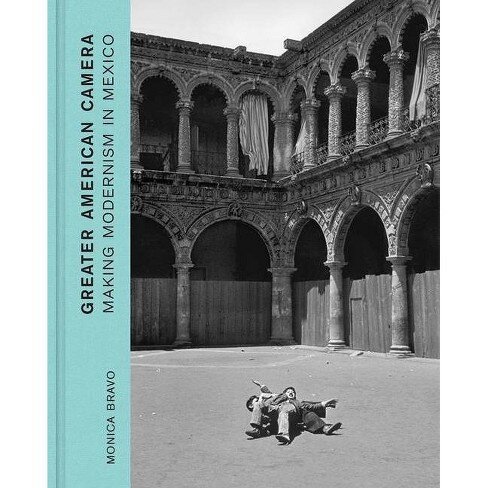
Greater American Camera: Making Modernism in Mexico
Author: Monica Bravo
Photographers Edward Weston, Tina Modotti, Paul Strand, and Helen Levitt were among the U.S. artists who traveled to Mexico during the interwar period seeking a community more receptive to the radical premises of modern art. Looking closely at the work produced by these four artists in Mexico, this book examines the vital role of exchanges between the expatriates and their Mexican contemporaries in forging a new photographic style.

Carrie Mae Weems
Editor: Sarah Elizabeth Lewis, with Christine Garnier
Contributors: Dawoud Bey, Jennifer Blessing, Kimberly Juanita Brown, Huey Copeland, Erina Duganne, Kimberly Drew, Coco Fusco, Thelma Golden, Katori Hall, bell hooks, Robin Kelsey, Thomas J. Lax, Sarah Elizabeth Lewis, Jeremy McCarter, Yxta Maya Murray, José Rivera, Gwendolyn DuBois Shaw, Salamishah Tillet, Deborah Willis
In this October Files volume, essays and interviews explore the work of the influential American artist Carrie Mae Weems—her invention and originality, the formal dimensions of her practice, and her importance to the history of photography and contemporary art.

Fotoclubismo: Brazilian Modernist Photography and the Foto-Cine Clube Bandeirante, 1946-1964
Editor: Sarah Hermanson Meister
Published in conjunction with the first major museum exhibition of Brazilian modernist photography outside of Brazil, Fotoclubismo presents the groundbreaking creative achievements of São Paulo’s Foto-Cine Clube Bandeirante, a group of amateur photographers founded in 1939 that is essentially unknown today to European and North American audiences.
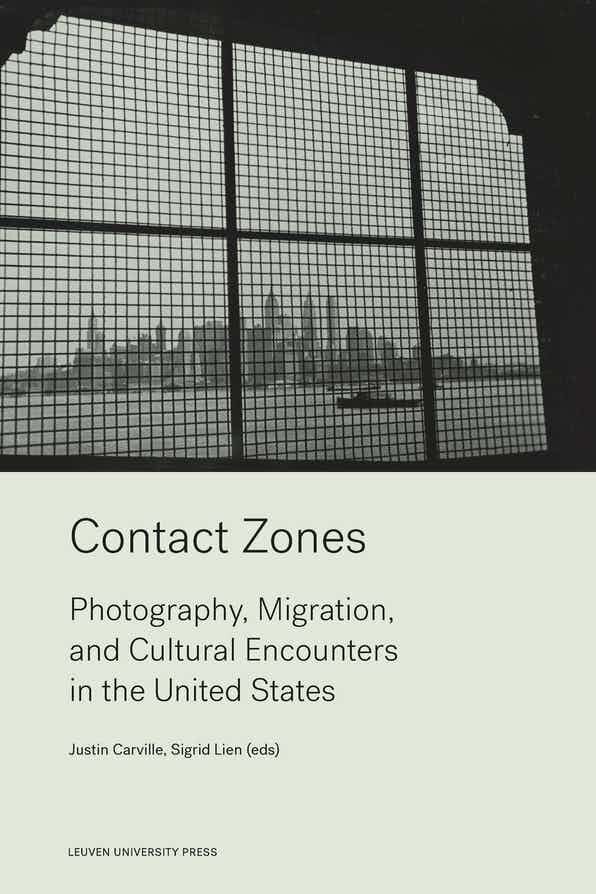
Contact Zones: Photography, Migration, and Cultural Encounters in the United States
Editors: Justin Carville and Sigrid Lien
Since the mid-nineteenth century photography has had a central place in cultural encounters within and between migrant communities. Migrant histories have been mediated through the photographic image, and the cultural practices of photography have themselves been transformed as migrant communities mobilise the photographic image to navigate experiences of cultural dislocation and the forging of new identities.
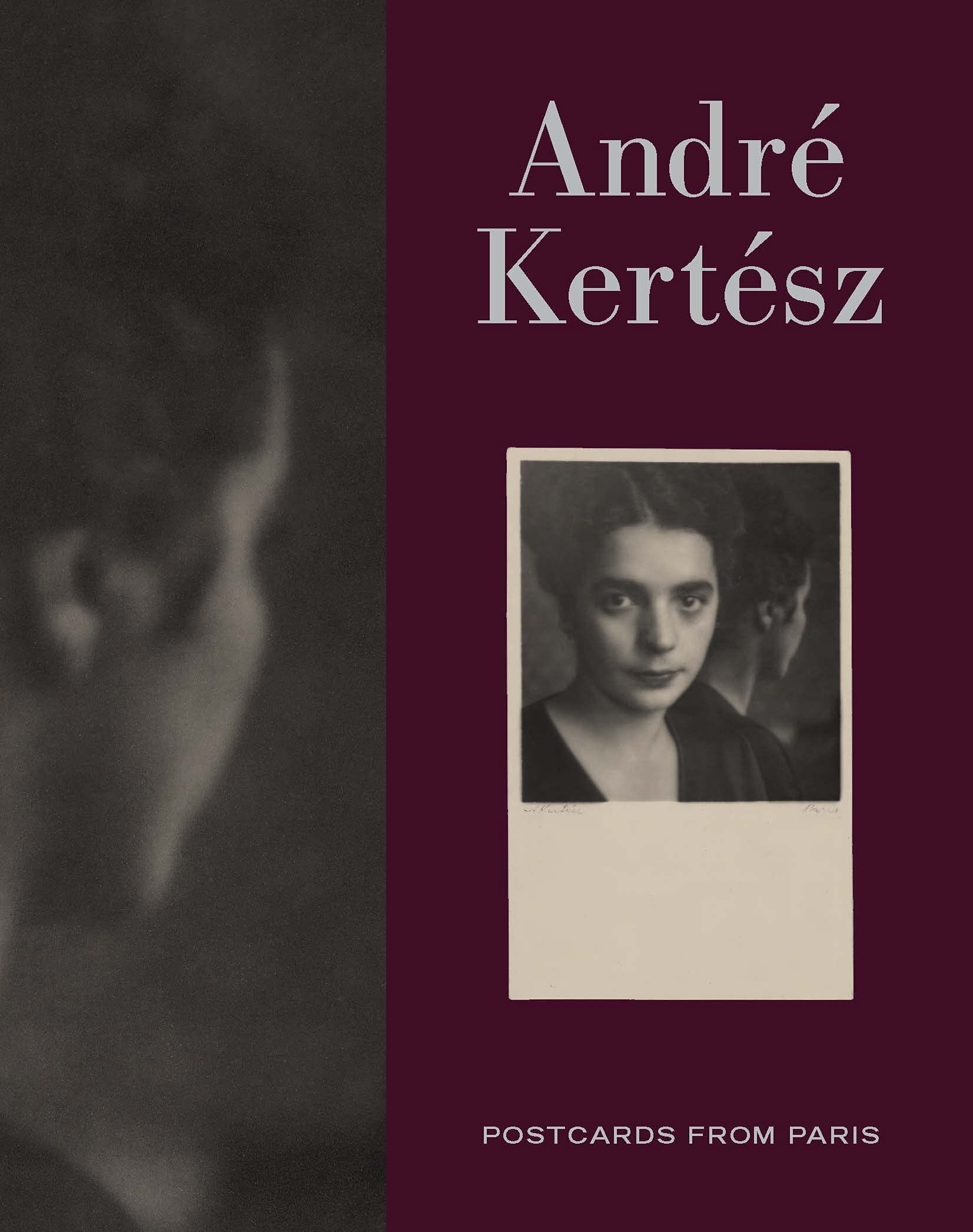
André Kertész: Postcards from Paris
Editor: Elizabeth Siegel
This elegant book unites all of the known carte postale prints by the photographer André Kertész (1894–1985), including portraits, views of Paris, careful studio scenes, and exquisitely simple still lifes. Essays shed new light on the artist’s most acclaimed images; themes of materiality, exile, and communication; his illustrious and bohemian social circle; and the changing identity of art photography.

The Image of Environmental Harm in American Social Documentary Photography
Author: Chris Balaschak
With an emphasis on photographic works that offer new perspectives on the history of American social documentary, this book considers a history of politically engaged photography that may serve as models for the representation of impending environmental injustices.
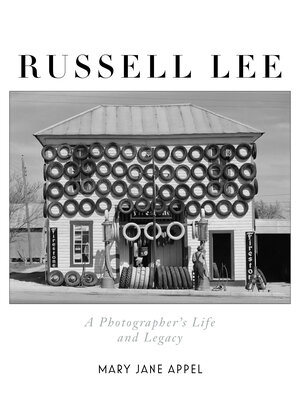
Russell Lee: A Photographer’s Life and Legacy
Author: Mary Jane Appel
Russell Lee, a contemporary of Walker Evans and Dorothea Lange, now emerges from the shadows as one of the most influential documentary photographers in American history.
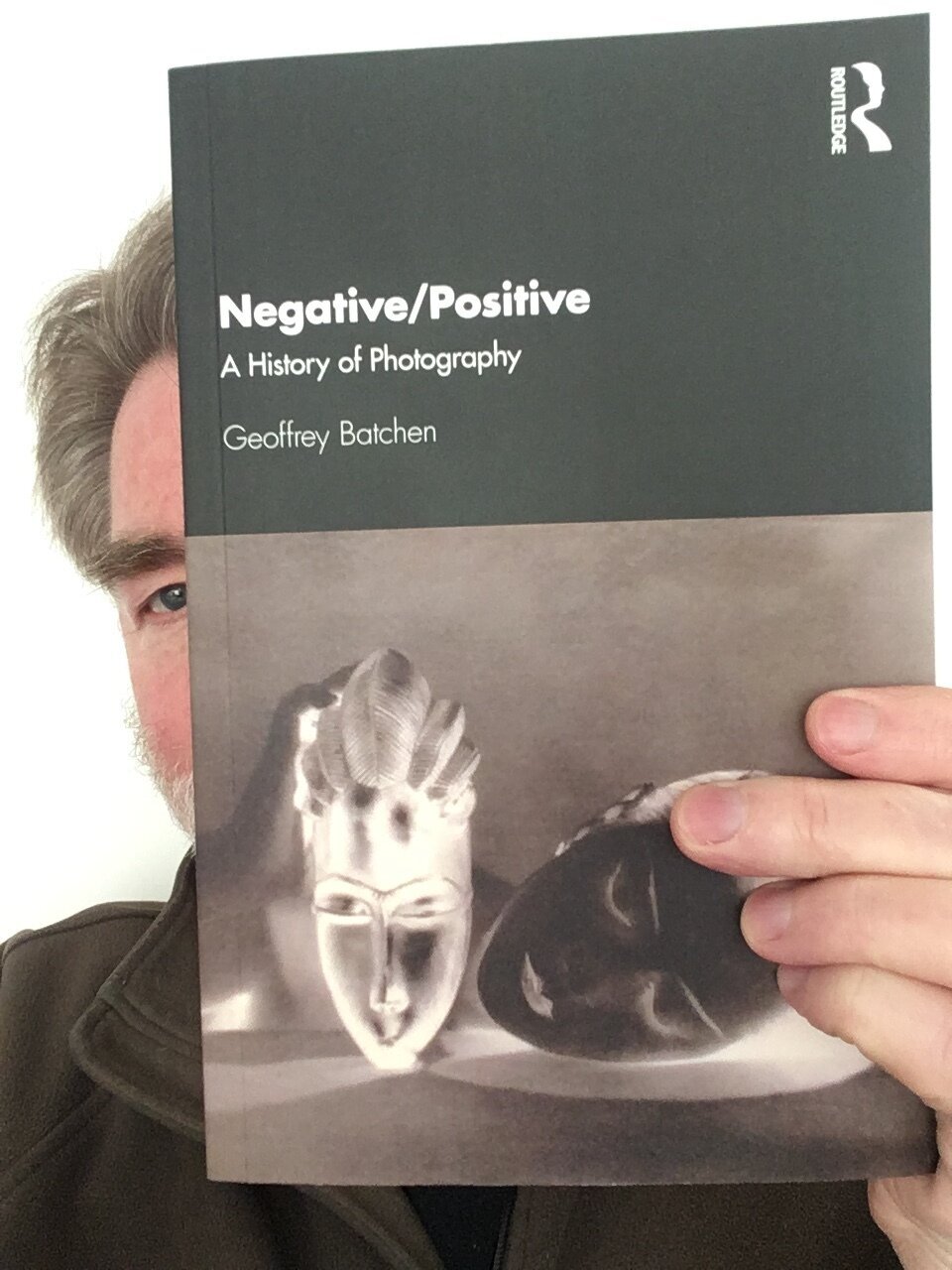
Negative/Positive: A History of Photography
Author: Geoffrey Batchen
As its title suggests, Negative/Positive begins with the negative, a foundational element of analog photography that is nonetheless usually ignored, and uses this to tell a representative, rather than comprehensive, history of the medium.

Words on Pictures: Romana Javitz and the New York Public Library’s Picture Collection.
Edited by Anthony T. Troncale with a forward by Jessica Cline.
In the pre-digital era, the age of mechanical reproduction, the New York Public Library’s Picture Collection provided the free circulation of prints, photographs, postcards and other clippings to its constituency of local and international artists, illustrators, advertisers, and businessmen.
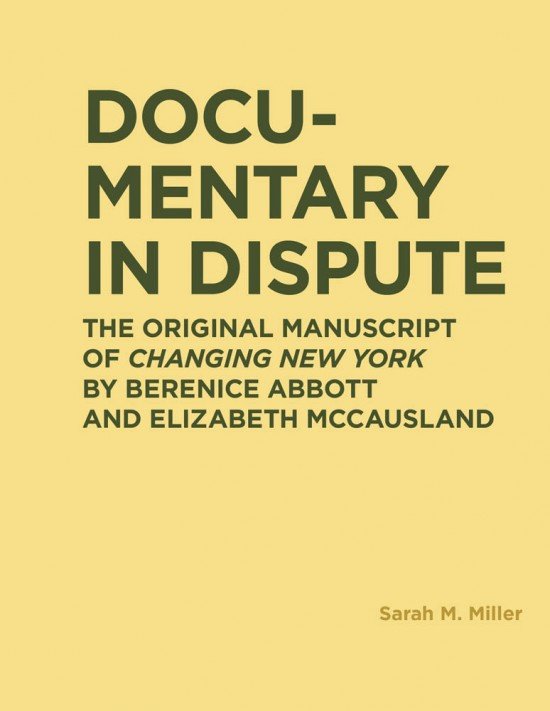
Documentary in Dispute:The Original Manuscript of Changing New York by Berenice Abbott and Elizabeth McCausland
Author: Sarah M. Miller
The 1939 book Changing New York by Berenice Abbott, with text by Elizabeth McCausland, is a landmark of American documentary photography and the career-defining publication by one of modernism's most prominent photographers.
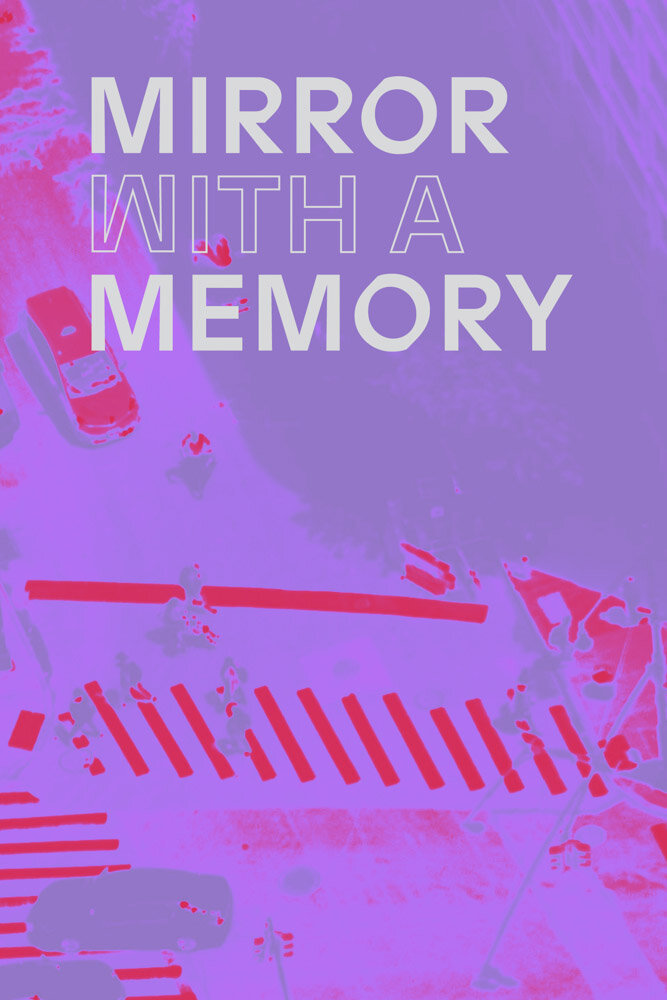
Mirror with a Memory: Photography, Surveillance, Artificial Intelligence
Editors: Dan Leers and Taylor Fisch
The complicity of the image: photography at the intersection of police surveillance, corporate/state control and artificial intelligence
How are images being utilized to gather data on our daily activities? With the development and advancement of artificial intelligence, there has been a radical change in the way surveillance systems capture, categorize and synthesize photographs. Mirror with a Memory explores the intersection between AI, photography and surveillance—its past, present and future—to underscore concerns about implicit bias, right to privacy and police monitoring embedded in corporate, military and law enforcement applications.

Photography and the Arts: Essays on 19th Century Practices and Debates
Editors: Juliet Hacking and Joanne Lukitsh
Photography, both in the form of contemporary practice and that of historical material, now occupies a significant place in the citadels of Western art culture. It has an institutional network of its own, embedded within the broader art world, with its own specialists including academics, critics, curators, collectors, dealers and conservators. All of this cultural activity consolidates an artistic practice and critical discourse of photography that distinguishes what is increasingly termed 'art photography' from its commercial, scientific and amateur guises.

The New Woman Behind the Camera
Editor: Andrea Nelson
During the 1920s the New Woman was easy to recognize but hard to define. Hair bobbed and fashionably dressed, this iconic figure of modernity was everywhere, splashed across magazine pages or projected on the silver screen.
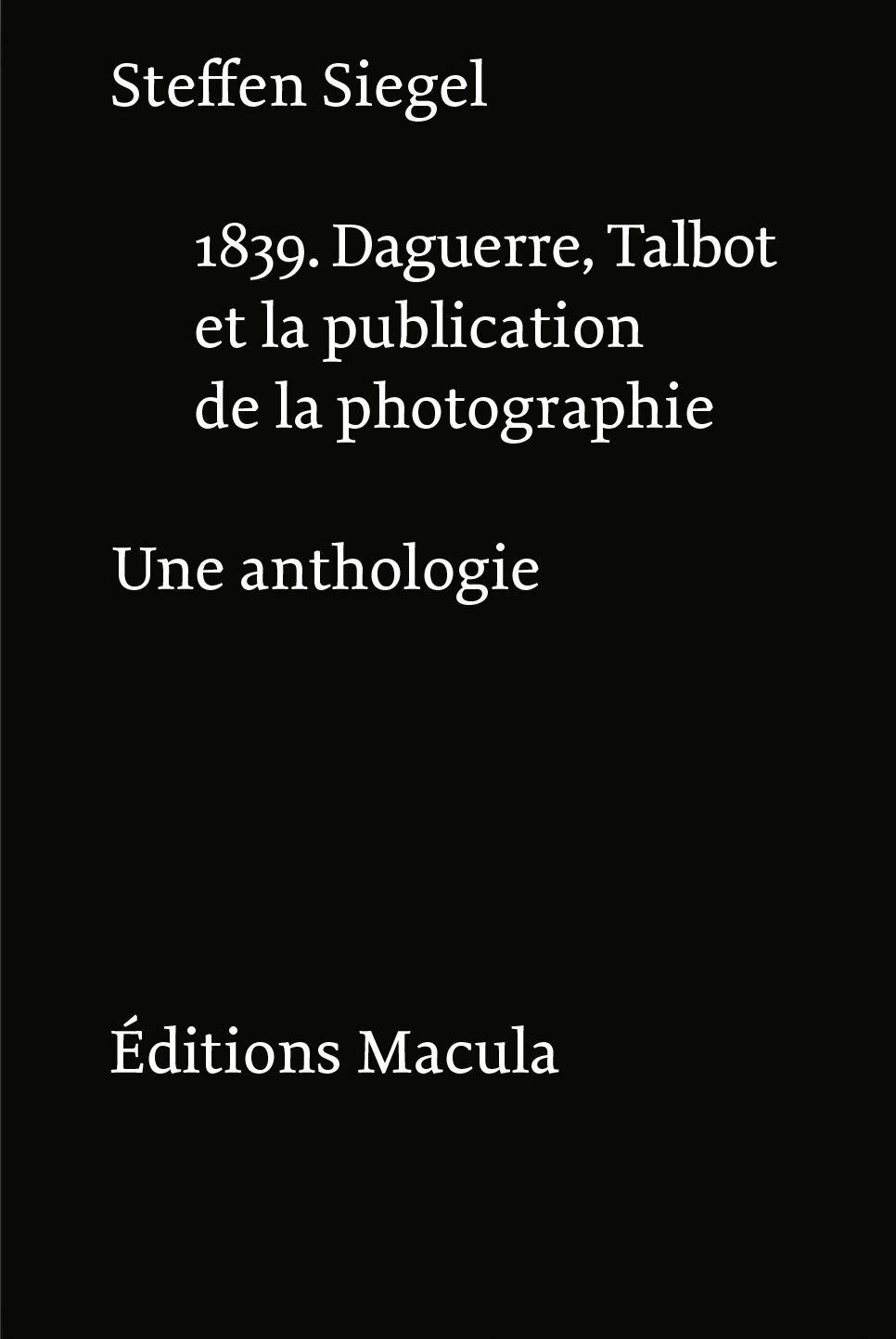
1839. Daguerre, Talbot et la publication de la photographie
Editor: Steffen Siegel
Paris, 7 janvier 1839. L’homme politique et célèbre scientifique François Arago fait une communication devant l’Académie des sciences à propos d’un nouveau procédé, inventé par Louis Daguerre, qui permet de fixer les images se formant au foyer d’une chambre obscure.

Global Photography: A Critical History
Authors: Erina Duganne, Heather Diack, Terri Weissman
This innovative text recounts the history of photography through a series of thematically structured chapters. Designed and written for students studying photography and its history, each chapter approaches its subject by introducing a range of international, contemporary photographers and then contextualizing their work in historical terms.

Eugenics, ‘Aristogenics,’ Photography: Picturing Privilege
Author: Kris Belden-Adams
This is the first study to explore the connections between late-19th-century university/college composite class portraits and the field of eugenics – which first took hold in the United States at Harvard University. Eugenics, "Aristogenics," Photography takes a closer look at how composite portraiture documented an idealized “reality” of the New England social-caste experience and explains how, when positioned in relation to the individual stories and portraits of members of the class, the portraits reveal points of non-conformity and rebellion with their own rhetoric.

Study in Black and White: Photography, Race, Humor
Author: Tanya Sheehan
In this volume, Tanya Sheehan takes humor seriously in order to trace how photographic comedy was used in America and transnationally to express evolving ideas about race, black emancipation, and civil rights in the mid-1800s and into the twentieth century.
